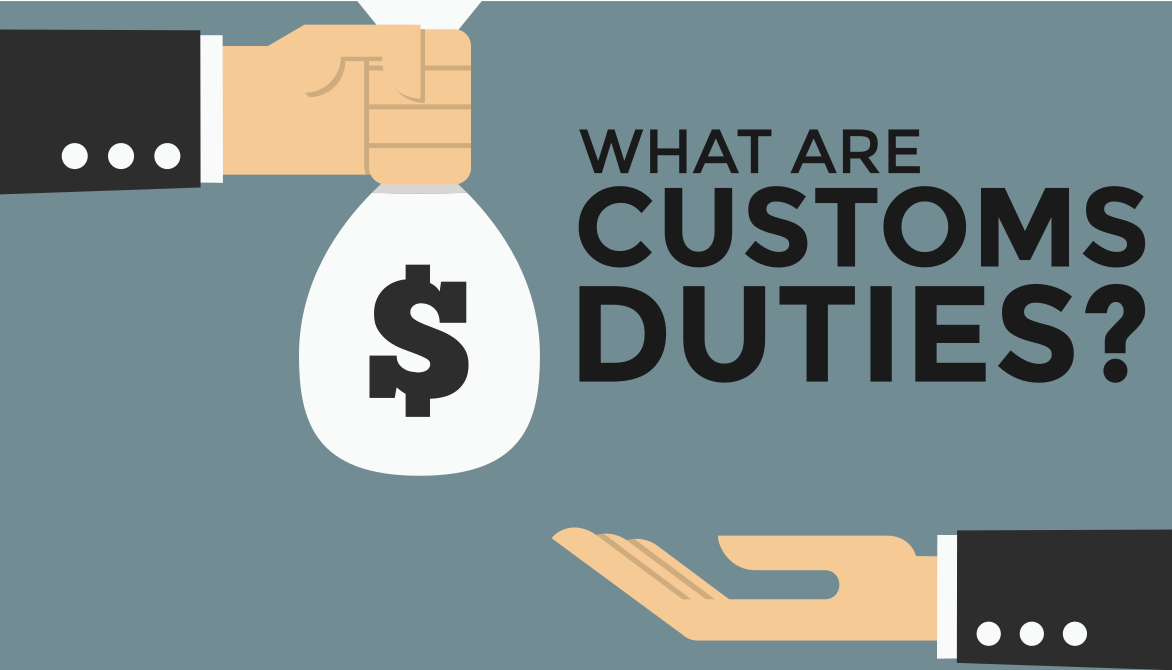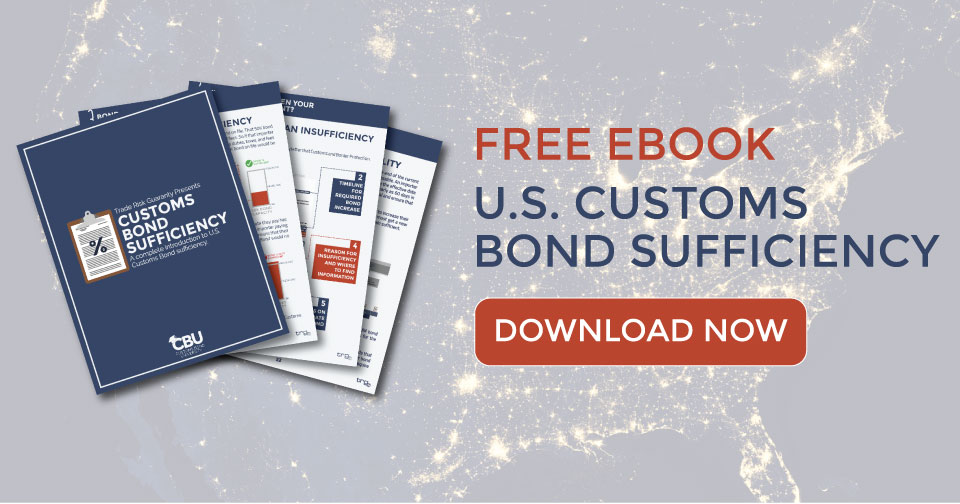What are Customs duties? There are many different duties U.S. Customs and Border Protection may require an importer to pay. Some are related to the origins of the goods in question, and some to the goods themselves.
It’s always a good idea for importers to keep a working knowledge of what these Customs duties are, what they affect, and how. We’ll start with somewhat special duties in this article—these are duties that are less common in the marketplace than the standard Specific, Ad Valorem, or Compound duties, but common enough to be considered important knowledge.
Anti-Dumping Duty
Anti-dumping duty is assessed after an extensive process orchestrated by the Department of Commerce and the International Trade Administration. These two agencies determine whether or not a product was “dumped” by manufacturers in a specific country onto the U.S. market, flooding supply and driving prices below natural market rates. If the determination is considered positive by both agencies, an anti-dumping duty will be assessed for those specific goods and enforced.
Countervailing Duty
Countervailing duty is in place to protect U.S. markets from products that are subsidized by foreign governments, leading to an unfair advantage for the foreign manufacturer. This duty is assessed in the same fashion as an anti-dumping duty. The DOC and ITA investigate countervailing claims and then make determinations based on the research they have gathered. If a certain product becomes subject to countervailing duty through this process, a higher rate will be set.
Supplemental Duty
Supplemental duty can be demanded retroactively by Customs. Many supplemental duty bills come in the form of improper classification. For a hypothetical example, if an importer classifies picture frames they’re importing as being composed of metal, but an examination during liquidation confirms that those frames are made of wood, CBP may charge the importer supplemental duties regarding those frames.
Duty Free
Goods that are duty-free are still considered to be associated with duty, only this duty is zero. Goods that are duty-free can range from all across the importing spectrum and are often associated with a free trade agreement between two countries. These agreements are made to facilitate and stimulate trade between specific countries.
Stay tuned for our next installment of Customs Duties Deconstructed, where we’ll cover some of the more standard Customs duties like Specific, Ad Valorem, Compound, Merchandise Processing Fee, and the Harbor Maintenance Fee.





![[Webinar] How Could Changes to De Minimis Impact Your Company?](https://traderiskguaranty.com/trgpeak/wp-content/uploads/2025/05/trg-how-de-minimis-impacts-customs-bond-webinar-400x250.png)

![[Webinar] United States Reciprocal Tariffs – The What, Why, and How](https://traderiskguaranty.com/trgpeak/wp-content/uploads/2025/04/trg-webinar-reciprocal-tariffs-400x250.png)